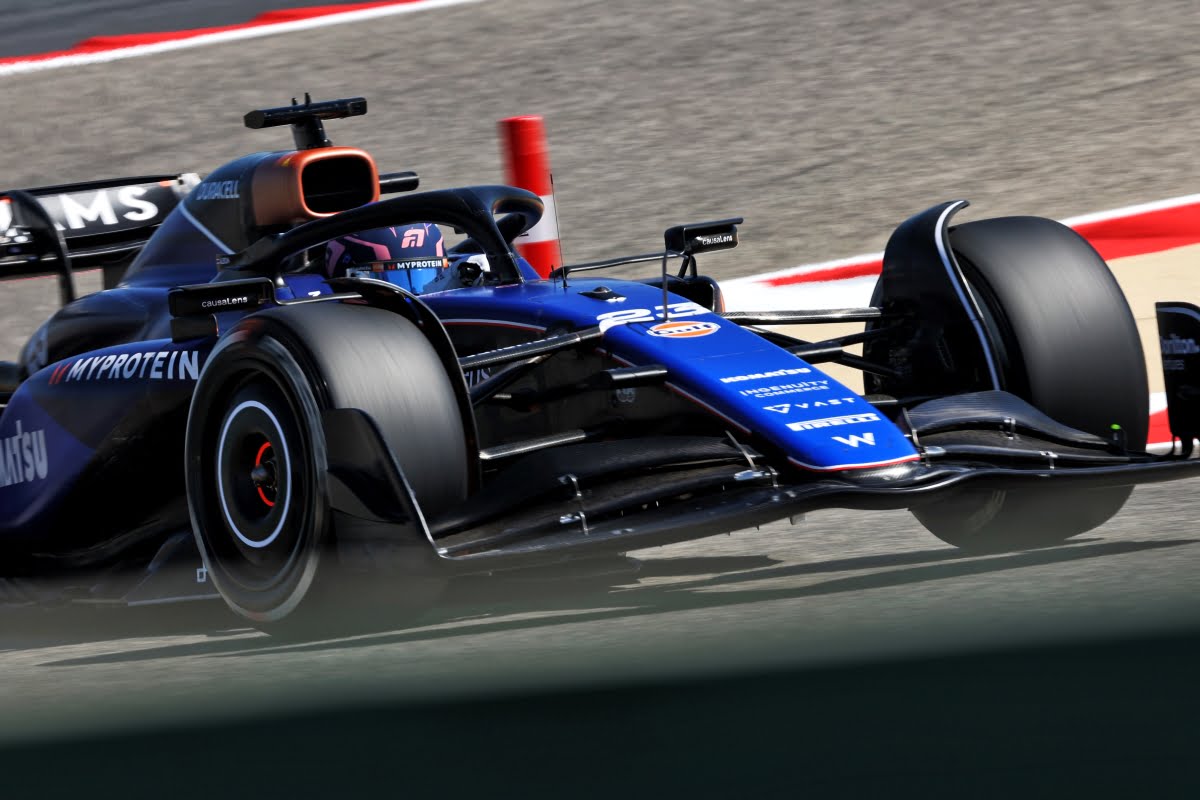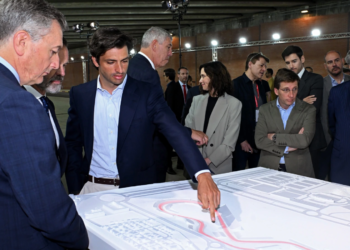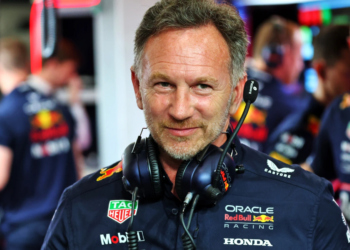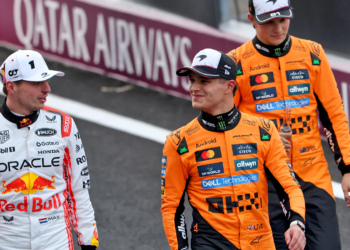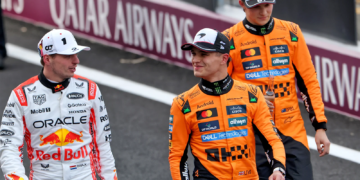Alex Albon says Williams has rectified some of the limitations from its previous Formula 1 car in 2024 but admitted it has discovered new weaknesses it must “iron out”.
Williams sustained its strongest season since 2017 last term as the team amassed 28 points to climb from the foot of the Constructors’ Championship to seventh.
But the FW45 proved to be a car that was dependent on conditions to thrive, with Albon capitalising on its low downforce strength to claim seventh places in Canada and Monza.
The Grove-based squad has endeavoured to build a more rounded package this season that eliminates the flaws that were embedded in its cars across rules cycles.
But while Albon has confirmed that testing has showcased the success of that venture, he concedes that Williams has encountered further issues with its revised FW46 charger.
“We haven’t done so many laps, but generally the feeling’s good,” Albon said when asked how pre-season was developing for Williams during Thursday’s press conference.
“We’ve had a big task last year trying to focus on this year’s car. Trying to get rid of some of the issues that we’ve been having consistently throughout last year.
“We seem to have a couple of corners that this track actually really highlight the problems and it’s nice to know that we have fixed a lot of the problem areas from last year.
“But there’s some new things that we have to iron out so it’s part of the learning curve, but it’s going well so far.”
Albon reiterated that Williams’ latest creation required him to adapt his driving style and has cautioned that the team could be braced to endure a more subdued start to the year.
Questioned on how high the bar had been set internally, Albon replied: “I think it is tricky to put an absolute number on it. What’s clear is it’s going to take a while to get there.
“I do think that everything driving wise, set up wise, it’s a totally different car to understand.
“I don’t think we’re going to hit the ground running, but we can hit the ground jogging. And have a good few races hopefully and get onto the points areas relatively soon.”
Williams Team Principal James Vowles is satisfied with the progress the British outfit has made and believes it should possess a car that is not reliant on certain circuit types.
“I’m happy that what we developed over the winter was moving away from a car that had the odd race where it was competitive, but it was very spiteful,” Vowles added.
“It was a car that you just brake half a meter too late and it’s off the track, and you couldn’t get it back on again fundamentally.
“What we worked on from a car that almost everyone here could predict where it was going to be quick, we should have a car now that’s hopefully competitive in 24 races instead.
“And that was really the movement towards it in simulation and certainly moved that way. And it looks directionally correct.
“I think also what’s clear, yes there’s convergence of the field, but the development rate up and down is extraordinary and as a result of that I think you’re going to see big steps up and down the field and even that large development may not translate to large steps of performance and in many regards I’d be happy with that because what I’m doing is transferring what’s happening for the future rather than today.”

